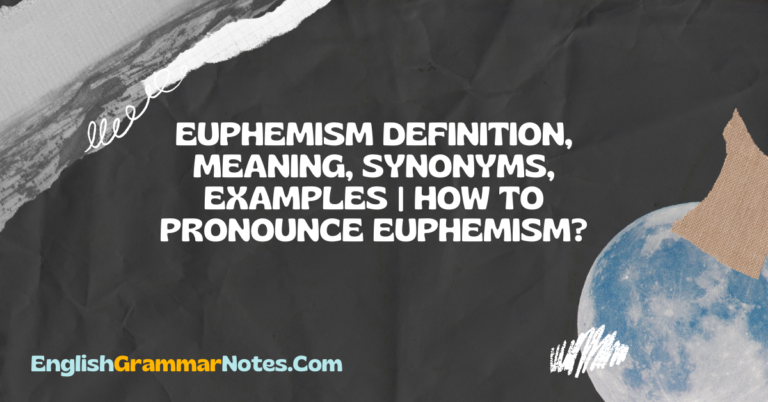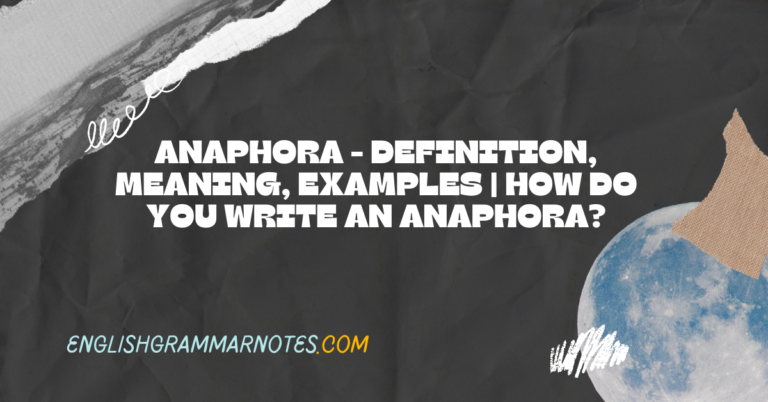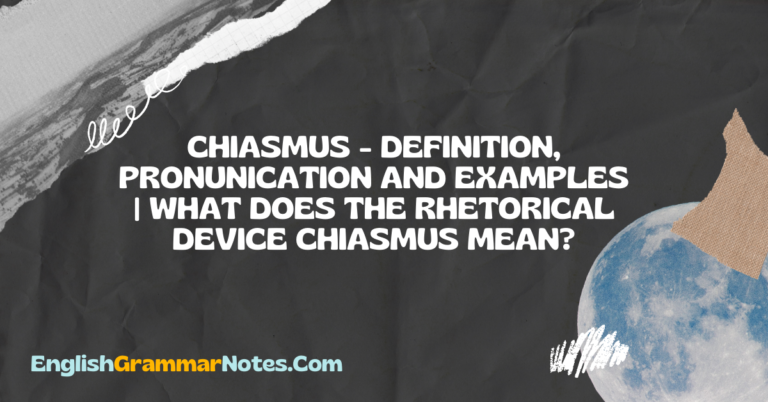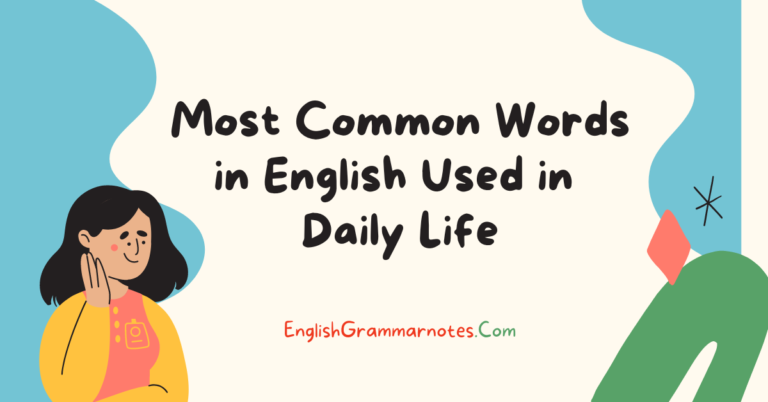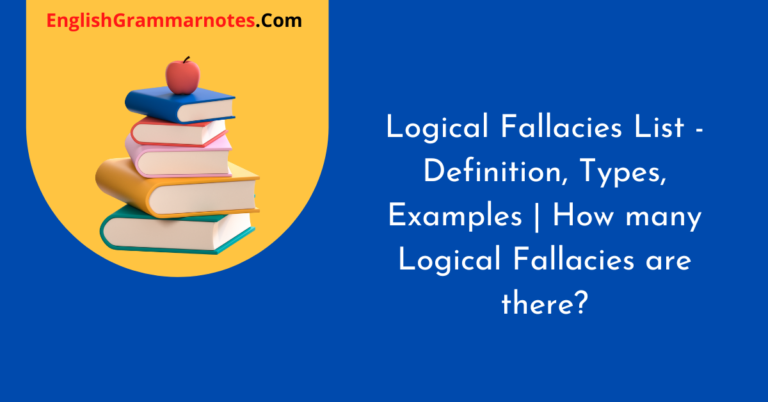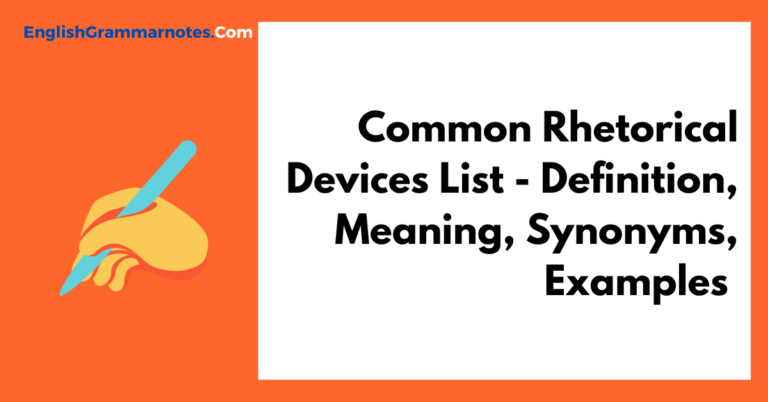Euphemism Definition, Meaning, Synonyms, Examples | How to Pronounce Euphemism?
Euphemism is a literary practice of using a comparatively milder or less abrasive word of a negative word instead of its original. Blunt forms of words are used that sound pleasant to hear. This is used when writing about unpleasant subject matters such as sex, violence, and crime. Soft words are used instead of harsh or blunt words in simple words. A statement is said in such a way that something unpleasant is said in an agreeable way. Euphemism can be seen in two possible ways one is Positive Euphemism and the other is a Negative Euphemism. Euphemism Examples Use of Euphemism in Sentence Euphemism in Literature When Euphemism is used? Types of Euphemism Functions of Euphemism Why do Writers Use Euphemisms? Downsides of Euphemism FAQs on Euphemisms Euphemism Examples Going to the other side for death. Between jobs for the unemployed. Golden years for old age. Handcrafted for handmade. Big-boned for fat. Restroom for toilet room. Garbage man – sanitation engineer Old people – senior citizen Pregnant – in the family way Die – pass away The dead – the deceased/ the late Burier – undertaker/mortician Lunatic asylums – mental institutions Use of Euphemism in Sentence Kicked the bucket …
